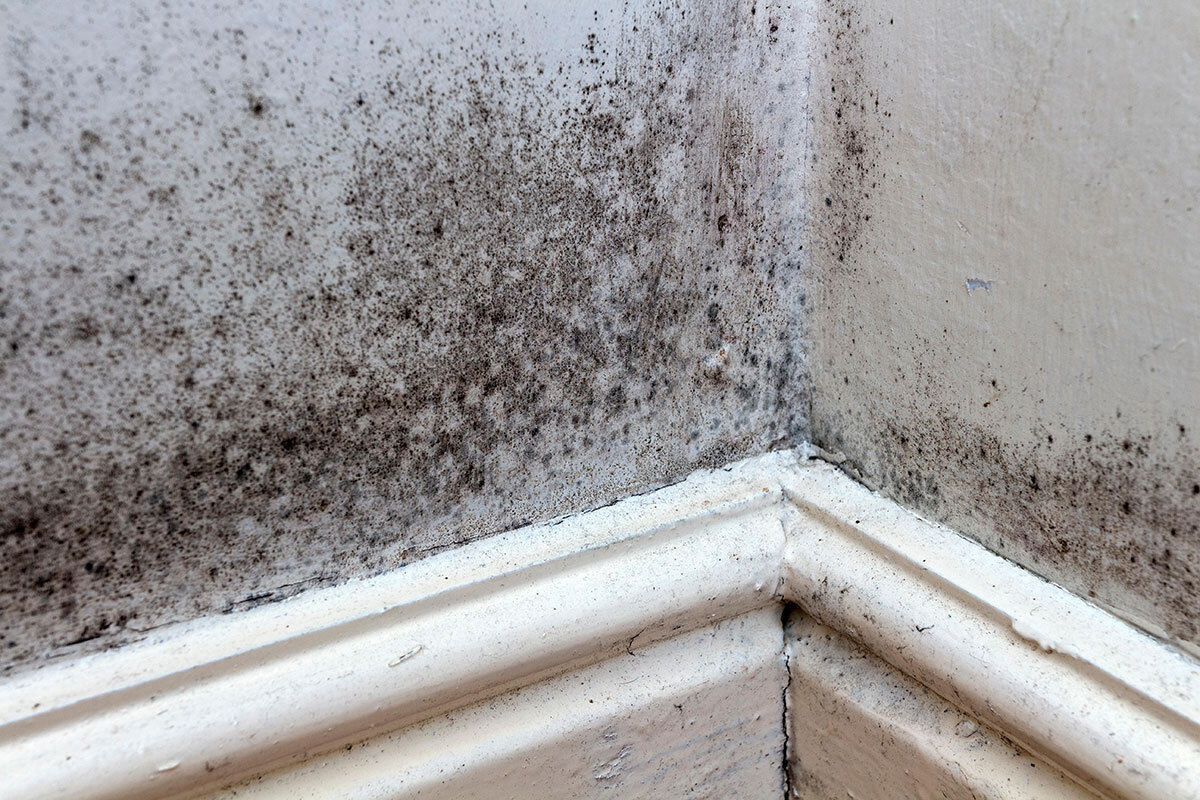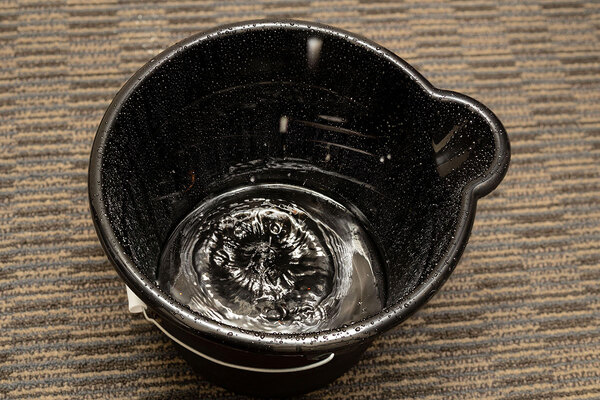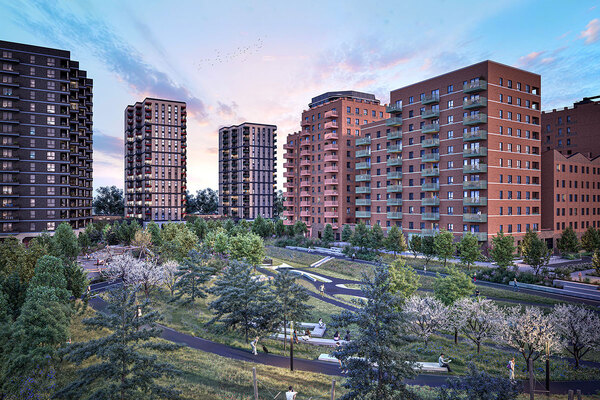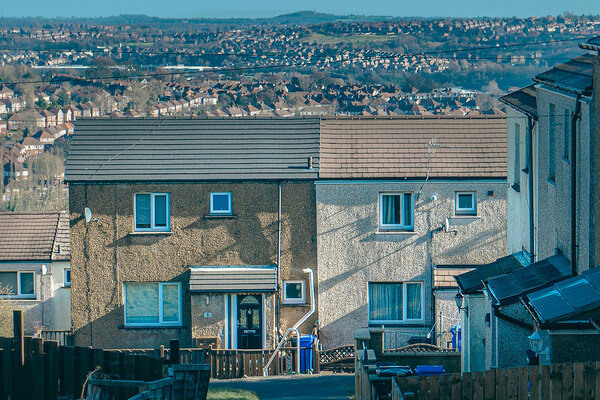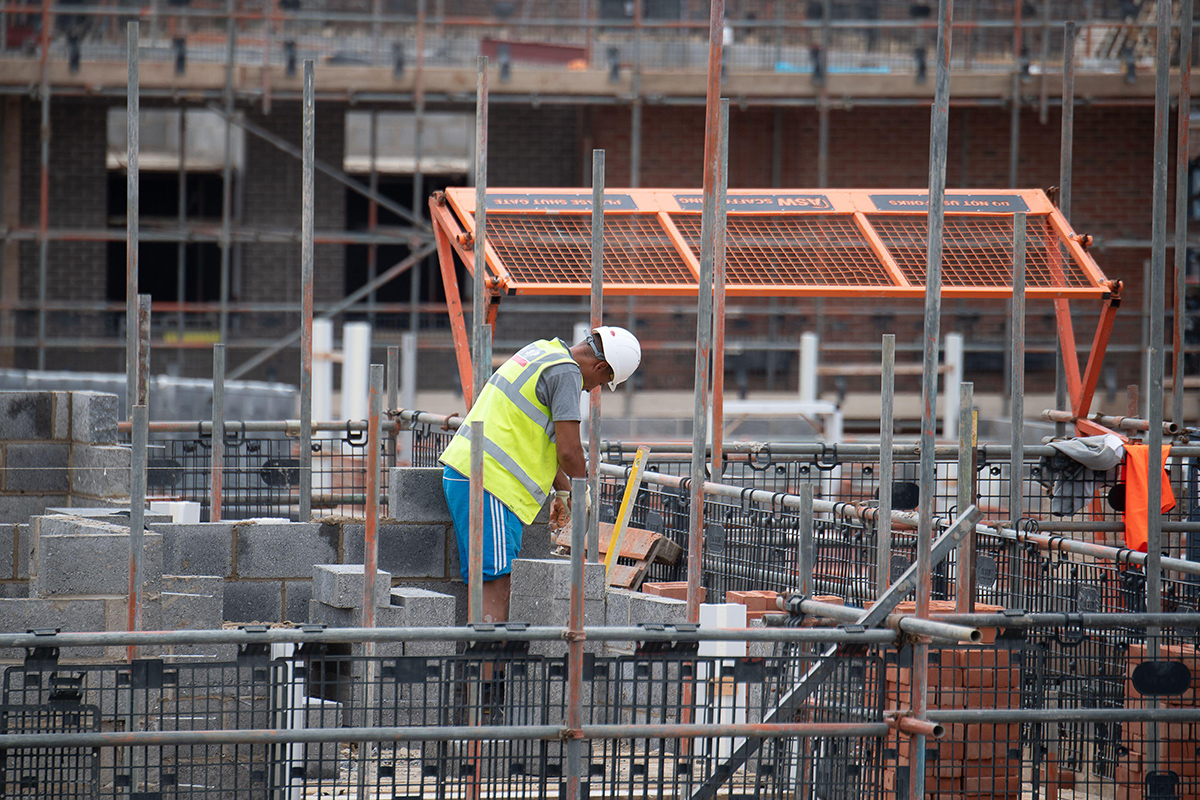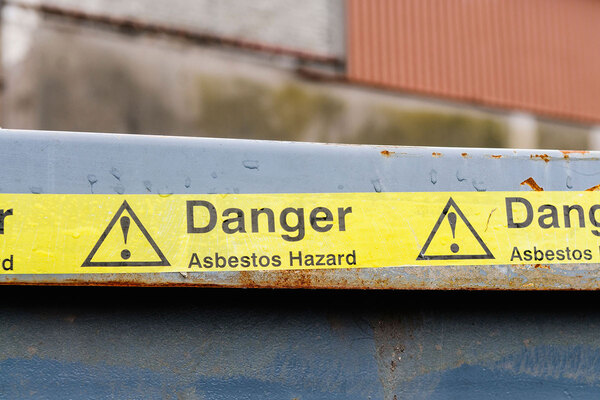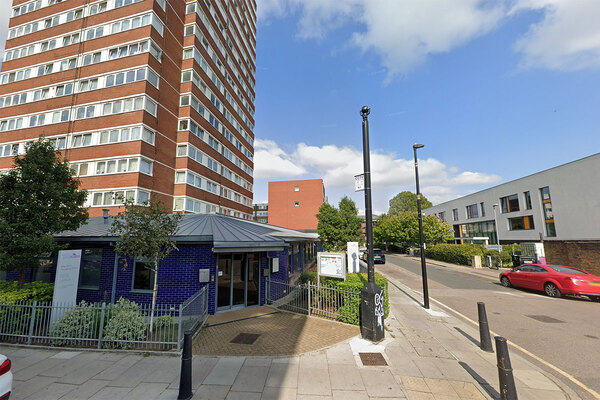Large landlord leaves elderly woman with heart condition in damp and mould for 18 months
A large landlord has been hit with findings of severe maladministration after it left an elderly resident with a heart condition living in damp and mould for 18 months.
According to the Housing Ombudsman’s latest ruling, Hyde “unreasonably” delayed taking actions to resolve the issue and did not take into account physical disabilities and mental health impacts throughout.
The older woman, who was left without the use of her living room, also had breathing difficulties and mobility issues.
Hyde also failed to address another resident’s reports of anti-social behaviour (ASB) adequately.
The watchdog ordered Hyde to pay more than £4,500 in total to the residents in compensation.
In the first case, the ombudsman said that Hyde “repeatedly failed to deal with the issue with the urgency it deserved”.
The landlord took two days to initially respond to the resident after she reported the leak, which led to the floor and wall being wet in the living room and electricity not working properly.
After Hyde’s surveyor attended, it never sent the resident information about next steps.
It was only when the resident sent photos of the wall cracking due to the leak one month later that further action was taken.
When a surveyor attended again, there was still no follow-up information provided.
Four months after the leak was first reported, Hyde did a mould wash at the home.
“This limited action was not unusual and communication throughout with the resident was sometimes poor, despite it knowing repairs remained outstanding, with one communication gap for six months,” the ombudsman said.
It ordered Hyde to apologise to the resident, pay £3,350 in compensation and support her to make a claim against its insurance for the damage caused to her personal belongings.
In the second case, Hyde failed multiple times in its handling of the resident’s reports of the ASB from her neighbour, which contributed to the escalation of the severity of the situation.
The ombudsman found that while there were some complex and challenging aspects outside the landlord’s control, such as support agencies and the police not being responsive, “more could have been done”.
It found that Hyde did not adequately support the resident or address her concerns that the noise nuisance was affecting her mental health each time she raised her concerns.
The ASB also had a detrimental impact on her children.
Hyde initially responded well when the incident was first reported and followed up the resident’s call with a visit from an ASB officer.
However, a risk assessment was never carried out and as the reports continued and the resident repeatedly told the landlord of the impact on her, it failed to signpost to any support agencies in reasonable timeframes.
Ten months after the initial reporting of ASB, the landlord told the resident it would be issuing her neighbour with a notice to seek possession.
However, the ombudsman found no evidence to demonstrate that it did and therefore the landlord “raised the resident’s expectations without delivering or communicating as to why it did not take the action it had proposed”.
“These failings at key times led to significant escalations of the problem, causing distress for the resident and her children,” it said.
The ombudsman ordered the landlord’s chief executive to apologise, to pay £1,200 in compensation and to review its ASB policy.
Richard Blakeway, the housing ombudsman, said: “While the reasons for residents raising complaints and service areas involved were very different, the underlying reasons for service failures across both of these cases was the landlord’s inaction and delay. This led to issues getting worse and residents experiencing greater detriment as a result.
“The other parallel is a lack of understanding and appropriate response to the vulnerabilities of its residents, whether that be physical or mental.
“It is unacceptable and inappropriate to follow the same patterns and procedures when knowledge of the resident’s circumstances should adjust the response. This requires a proportionate and a tailored approach, something lacking in these cases.”
A Hyde spokesperson said: “We’re sorry for the stress and anxiety caused to both residents in these cases. We took too long to respond when they first told us about their problems, and we should have worked more effectively to stop issues escalating. Our chief executive has personally written to apologise to both our customers who we let down.
“We’ve made significant changes since these cases began in 2020. This includes how we tackle damp and mould in our homes, and how we handle reports of anti-social behaviour in our communities. However, we accept we got things wrong in both these cases.
“We’re using findings from these cases, along with customers’ feedback, to continue to improve our ways of working and to train colleagues in best practice.
“Alongside increasing investment in the homes we provide, we’re also allocating more resources to dealing with customers’ complaints, to ensure this doesn’t happen again.”
Sign up for our asset management newsletter
Already have an account? Click here to manage your newsletters
